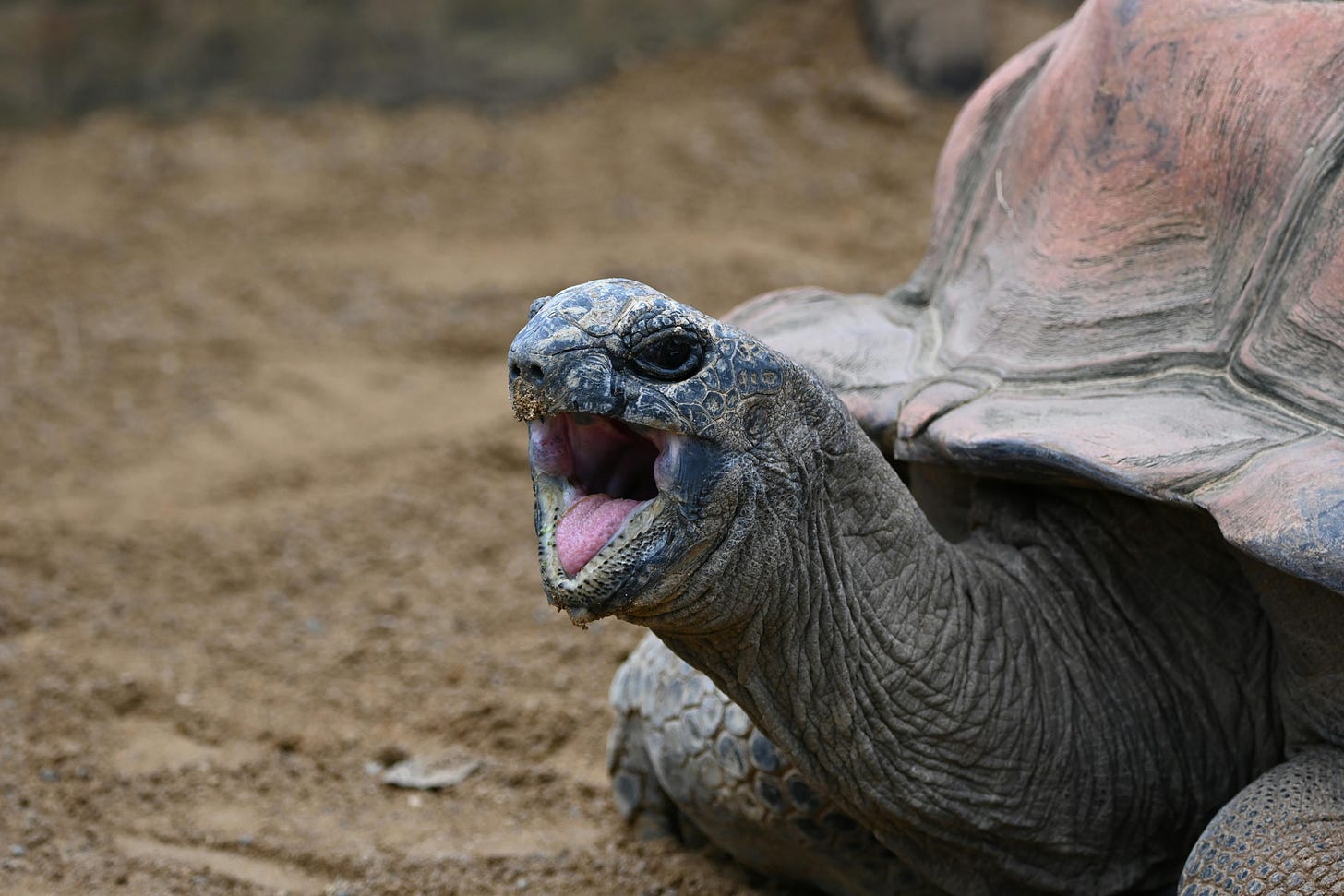The Underdog Effect and the Presidential Election
What can (sometimes) happen when David meets Goliath.

Remember, remember the fifth of November. In the UK, Bonfire Night is intrinsically linked with the huge potential for political upset caused by a relatively unknown outsider, while in the US this year, in less than a week’s time on November the fifth, Americans will head to the polls to make a politically momentous decision. As incumbent Vice President Kamala Harris faces off against former President Donald Trump, opinion polls seem to suggest that the result hangs in the balance. Whichever way the result is called in the days and weeks following the vote, the outcome is likely to be hotly disputed.
Eight years ago the electorate of the United States found themselves in a similar situation: facing a choice between electing self-styled political outsider Donald Trump and their first ever female president in Hilary Clinton. But there did not seem to be anywhere near as much uncertainty about the result then as there is today.
Just hours before the 2016 US presidential election opened for voting, the Reuters/Ipsos ‘States of the Nation’ poll gave Hillary Clinton a 90 per cent chance of winning. Using aggregated polling data, statistician Nate Silver’s ‘FiveThirtyEight’ website had correctly predicted the results of forty-nine of the fifty states in the 2008 election and all fifty in 2012. In 2016, FiveThirtyEight predicted Clinton would win 302 Electoral College votes to Trump’s 235. Remarkably, despite having previously been so prescient, Silver’s prediction (along with almost all the other official polls) was the wrong way around. Trump ended up with seventy-seven more Electoral College votes than Clinton.
Though many factors may have lain behind Trump’s poor performance in the canvassing leading up to the election, it’s possible that the lopsided poll results themselves played a significant role in the final outcome, effectively stymieing their own predictions. Seemingly assured of victory, many Clinton activists took their feet off the gas and some Democratic voters stayed at home. Conversely, the poor polling galvanised Trump supporters and encouraged marginals to vote with the Republicans.
Trump’s surprise victory in 2016 might be considered an example of the underdog effect. Complacency in the favourite and determination in the longshot help to even out the odds and give the unfancied competitor a better chance than we might expect. In Aesop’s fable, for example, the hare is so confident of his victory that he stops for a nap, while the unfavoured tortoise plods on slowly and steadily towards the finish line. The very fact that no one gives Sylvester Stallone’s Rocky Balboa a chance in his world-title fight against undefeated champion, Apollo Creed, provides motivation for his underdog character. Combined with Creed’s complacency – seemingly failing to do any preparation for the contest with a competitor he deems unthreatening – Rocky’s determination to prove himself enables him to take Creed the distance, a feat no one had ever managed before.

But we should be careful when telling underdog stories that we don’t overgeneralise. Selection bias, driven by the fact that amazing, against-all-odds stories tend to stick in our minds, can make David beating Goliath seem to happen more often than perhaps it does in reality. The majority of the occasions when a shoo-in contender meets a rank outsider, the favourite prevails – otherwise how would those two distinct reputations have been arrived at in the first place? Bookmakers do not make huge amounts of money by consistently mischaracterising winners as underdogs or vice versa. Nevertheless, there is verifiable experimental evidence that underpins the psychology behind the underdog effect.
Samir Nurmohamed researches the underdog effect at the Wharton School of the University of Pennsylvania. In real-world workplace experiments, he has found that people who perceived that they were not expected to be successful were more likely to do well on performance evaluations. The research suggests that thinking of yourself as an underdog is strongly correlated with higher achievement at work – a form of self-defeating prophecy. In another lab-based study, Nurmohamed’s team gave 156 business students a negotiation task. Before their negotiations began, the students were told that the study’s researchers had made one of three types of prediction about how they would perform in the task. Unbeknown to them, the supposedly bespoke predictions (high-expectation, neutral-expectation or low-expectation) were delivered to participants at random, independent of their previous track record on similar assignments. When the subsequent negotiation task was undertaken, there was a clear disparity in performance between the different prediction groups – those who had received the underdog-effect-inducing low-expectation predictions clearly out-negotiated the other two groups. Upon surveying the high-achieving underdogs, Nurmohamed and his team found that the desire to prove the predictors wrong explained much of the improved performance.
Interestingly, in separate follow-up experiments, Nurmohamed found that the credibility of those making the predictions or giving the feedback was crucially important for the success of the underdogs. If the subject believed that the person making the low-expectation prediction about them was unreliable, they were able to better employ the feedback as motivation to perform well. But participants who believed the source of the prediction about them was credible found it more difficult to overcome the seemingly authoritative low expectations.
The underdog effect and self-defeating prophecies are examples of a more general phenomenon known as a negative-feedback loop. Negative feedback loops typically act to even the odds, to stabilise a system or to maintain the status quo. Self-defeating prophecies set in train a series of events which, eventually, render the events they predict implausible or impossible. For underdogs, the motivation derived from being an outside bet can combine with the complacency of the odds-on favourite to produce a result which is closer to or even the opposite of what conventional wisdom might predict.
There is no clear favourite in the upcoming US election, so it seems unlikely that the underdog effect will play as significant a role as it may have done eight years ago when Trump first stood for election. Between a current Vice President and a former President, neither can cast themselves as the plucky outsider and despite what they may say, each will be overly wary of the potential threat the other poses. There can be no complacency for either side as we wait to see what fireworks are lit in the American political arena on November the fifth.



